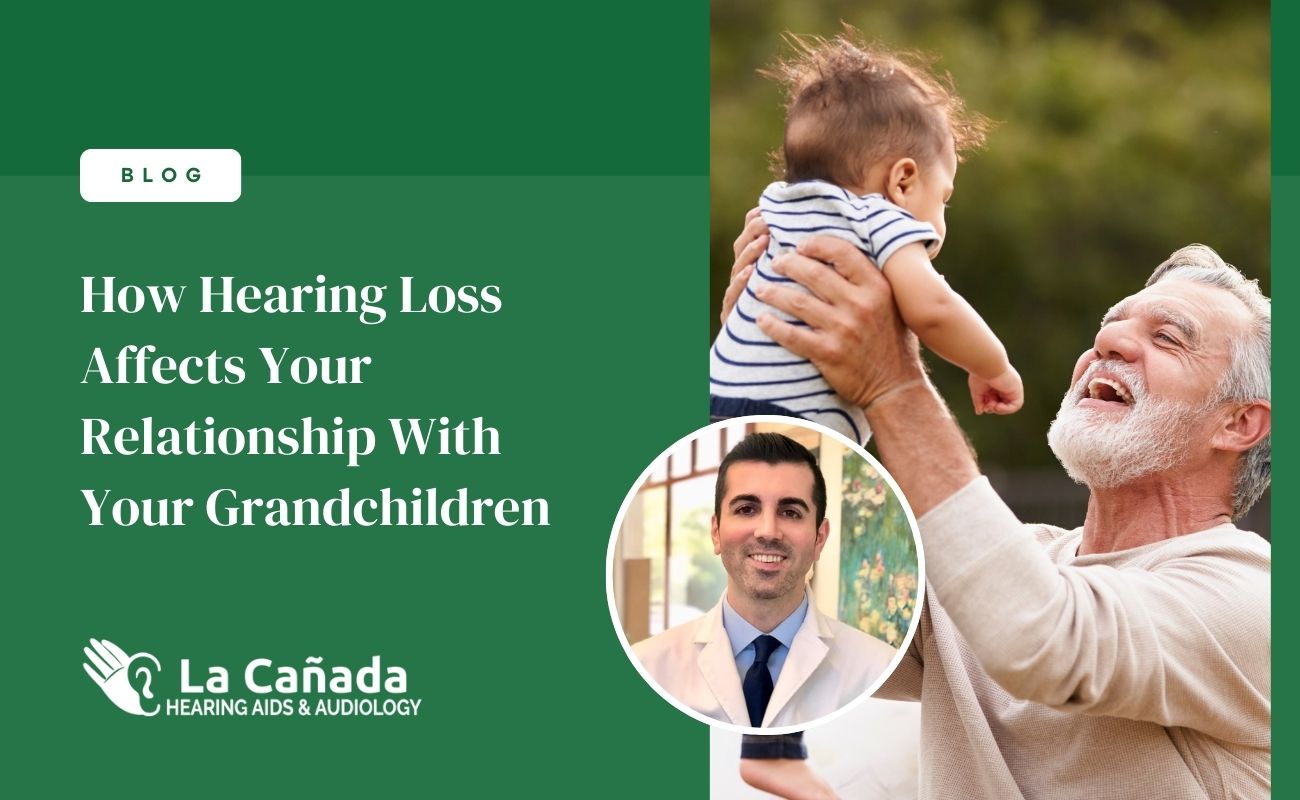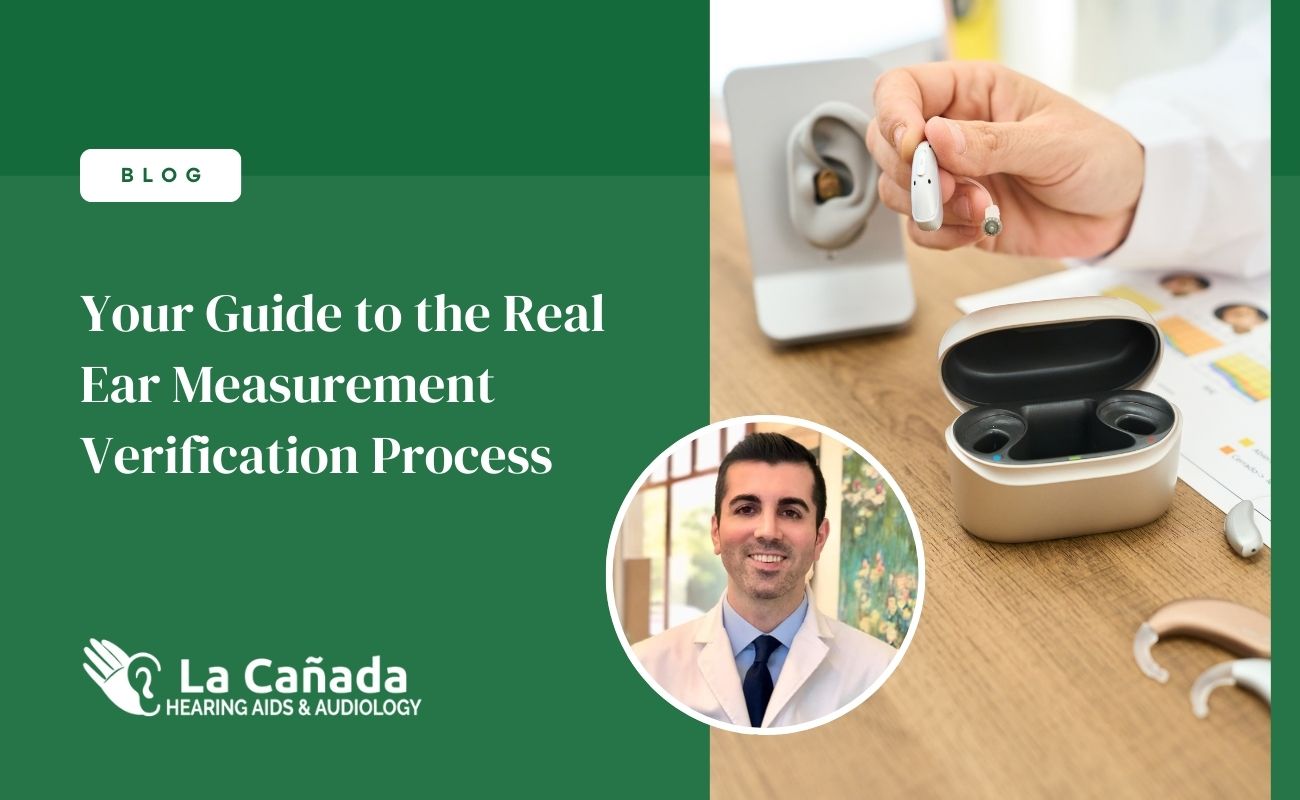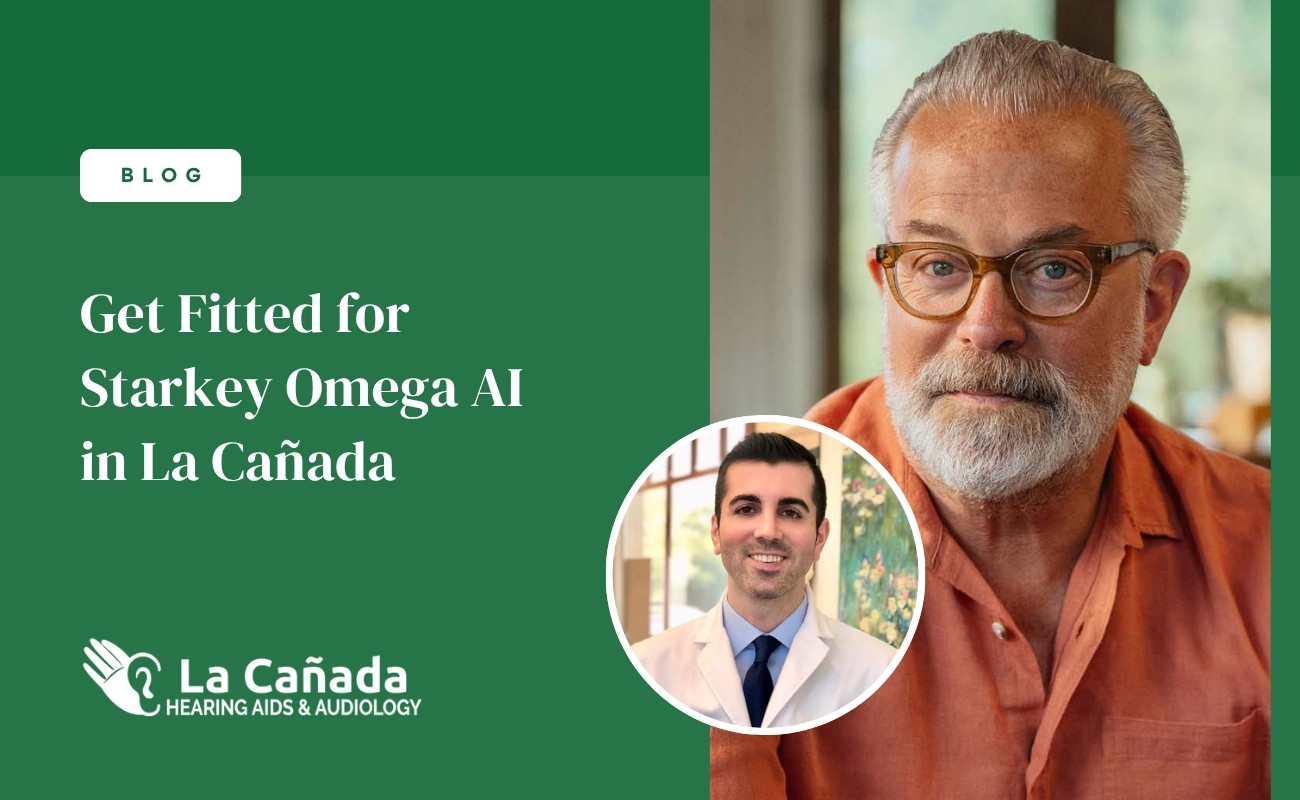Ear infections are frequently thought to be something only the young need be wary of - they seem to be somewhat of a rite of passage for children of a certain age. Then, about the time they reach adolescence, it often comes to an end. When a person reaches adulthood, it is normal to go decades without having an ear infection. Unfortunately, while ear infections are not as common in adults as in children, they can still occur. Adults account for roughly 20% of all ear infections.
What causes ear infections?
Several different ear infections exist, classified based on where the infection develops within the ear canal.
The term "swimmer's ear" refers to one of the most common types of ear infections. The fluid becomes trapped in the outer region of the ear canal in this condition, and bacteria in the fluid can develop out of control. This bacterial infection can be pretty painful, but many treatments are available, and it usually clears up pretty quickly.
Otitis media is another common ear infection. This is similar to the last one in that it involves fluid trapped in the ear canal. That fluid, however, is trapped more deeply in the middle ear. It also might not be due to swimming in a body of water but rather to another ailment, such as a virus, bacterial infection, or common cold. When mucus, discharge, or other fluid becomes trapped in this deeper portion of the ear, acute infection can be more challenging to treat. Antibiotics are usually beneficial in treating ear infections of this type.
Symptoms of an ear infection
An ear infection can cause the following symptoms:
- Earache or ear discomfort
- Hearing loss in the afflicted ear
- Vomiting
- Diarrhea
- A feeling of fullness within the ear.
- Dizziness
- A general sense of not feeling well.
Ear infections usually go away on their own, but if you're feeling discomfort or it's been more than a few days, you should see a doctor. Your ear infection treatment will be determined by your symptoms, age, and overall health.
Is it true that ear infections lead to hearing loss?
Ear infections, in most situations, do not result in any hearing loss. Most of these illnesses can be entirely healed with no long-term consequences, especially if identified early. However, certain severe infections cause temporary hearing loss. You might experience a muffled, stuffed, or clogged sound. Temporary hearing loss can continue longer than the duration of the infection in certain situations, but it usually goes away when the ear canal heals.
There is a risk of permanent hearing loss if a severe ear infection is left untreated or if a person has recurring ear infections over time. The germs and infectious fluid in the middle ear can damage the eardrum or tympanic membrane. Although these diseases are uncommon, they should be considered when deciding how soon to see a doctor for treatment. With this risk in mind, it's crucial to get ear infection treatment as soon as possible.
Preventing ear infections
Adult ear infections can be avoided in many of the same ways that any other infections can.
Stop smoking. Smoking cessation is a critical step in reducing adult ear infections. Tobacco use harms the lungs and respiratory system, causes inflammation, and affects the immune system's ability to fight respiratory infections. A person's body is better able to fight infection and prevent an adult ear infection from occurring in the first place if they quit smoking.
Basic hygiene procedures should be followed. After swimming or bathing, properly cleansing the outer ear helps prevent water from sitting in the ear, contributing to outer ear infections. Cotton swabs should not be used to dry or clean the ear because they increase the risk of accidentally injuring the eardrum. Finally, basic ear hygiene guidelines include frequently washing hands and avoiding allergy triggers as much as possible.
Take preventative steps before and after swimming. Wear swimmer's earplugs to reduce the amount of moisture entering the ear. If swimming without earplugs, tilt your head from side to side to allow the water to drain. Dry your ears with a hairdryer on a low setting if necessary.
Eat well. A healthy diet is also essential in minimizing the incidence of ear infections. To boost your immune system, eat more fruits, vegetables, whole grains, and high-quality protein. Coldwater fish, flaxseeds, and flaxseed oil contain essential fatty acids that can help reduce inflammation. It's also critical to stay hydrated since this can aid in the thinning of mucus production. Exercising frequently can also help in lowering the chance of infection.
We hope you found these ear infection prevention ideas to be helpful. If you believe you may have a hearing loss, call us right away to schedule a hearing test.


.webp)





